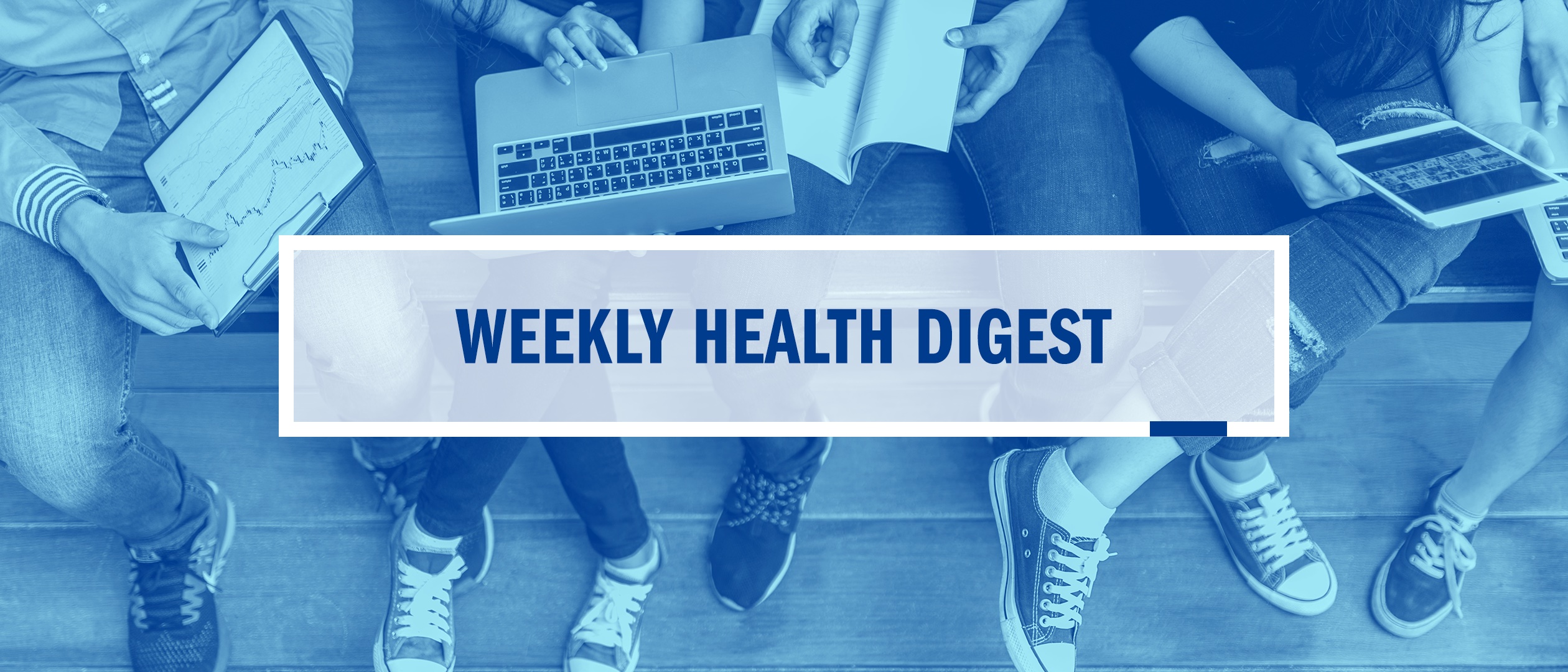New from the @EmoryCSHH News Team: Diemerging scientific insights into menstruation, learn about Scotland's decision to pause gender-related medications for minors, and explore why mental health and substance use disorders frequently remain untreated among parents on Medicaid.
How Digital Hoarding May Be Damaging Your Mental Health
Stephanie Booth
New studies are beginning to categorize digital hoarding as a subtype of hoarding disorder. Undergraduate and graduate students at the University of Wisconsin-Whitewater link feeling of overwhelmed with the amount of technology storage in their social and educational spheres. Physical and digital hoarding both interfere with daily functions by adding to a sense of anxiety. The Hoarding Research Group in the U.K. hypothesizes that physical and digital hoarding both involve similar psychological mechanisms of desiring to hold files and resisting to delete them because of hypotheticals. Finding a balance of tech usage between reliance and assistance is a step In the right direction.
Tens of Thousands Infected in Measles Outbreak in Madagascar
David McKenzie and Brent Swails
Madagascar is currently suffering its most extreme measles outbreak in decades with 50,000 people infected and over 300 deaths since October 2018. These deaths have been mostly among children and are largely due to insufficient vaccine coverage. 95% coverage is needed to prevent an outbreak, but, at the beginning of this crisis, health officials estimate that only 50% of the population had been vaccinated.
Family outraged over life-changing treatment going from free to $375,000 a year
Ben Kesslen
Lambert-Eaton Myasthenic Syndrome (LEMS) is a rare neuromuscular disorder that affects approximately 3,000 people in the United States. It alters strength and muscle fatigue capabilities. Currently, 3,4-diaminopyridine (3,4-DAP) is the drug used to treat LEMS and it was free to patients through an FDA program. Recently, however, a pharmaceutical company named Catalyst obtained the exclusive rights to the drugs and has increased the price of the drug. The new yearly price for the drug is more than $375,000 and people like Bernie Sanders and LEMS patients have voiced their opinions on the change. This change will affect patient co-pay rates and insurance premiums.
Hawaii is considering a bill that bans cigarette sales to anyone under 100
Ryan Prior
A new bill was introduced in Hawaii’s State House by Rep. Richard Creagan, an emergency room doctor, to progressively raise the age to buy cigarettes every year. The legal age to buy cigarettes in Hawaii is 21, comparable to the federal minimum age of 18. The bill aims to raise the age to 30 by next year and increase gradually every year until the minimum age is 100 in 2024. The bill is exclusive to cigarettes and thus restrictions would not apply to e-cigarettes, cigars, or chewing tobacco. Creagan believes that the cigarette addiction problem must be addressed and hopes that if effectively passed, such bill could one day be implemented in the mainland as well.
Giving Medicine To Young Children? Getting The Dose Right Is Tricky
Patti Neighmond
A recent survey shows parents are not always as precise as they should be when measuring over-the-counter medications for their children. Parents report not believing that these medications are strong enough to make a difference if the dosage is off. Health care professionals, however, warn against this attitude, noting that too much medication can lead to dangerous outcomes and the signs of overdose, like lethargy and sleepiness, may look like the illness one is trying to treat.
For millennials, cancers fueled by obesity are on rise, study says
Sandee LaMotte
​The global obesity epidemic has reached alarming proportions, with almost 60% of America’s youth predicted to be obese by the age of 35. A recent analysis by the American Cancer Society revealed a fast-growing risk of obesity-related cancers among young adults, particularly within the younger age groups. Researchers fear this could reverse the nation’s progress toward reducing cancer mortality and urge physicians, policymakers, and the public to take action against childhood obesity.


